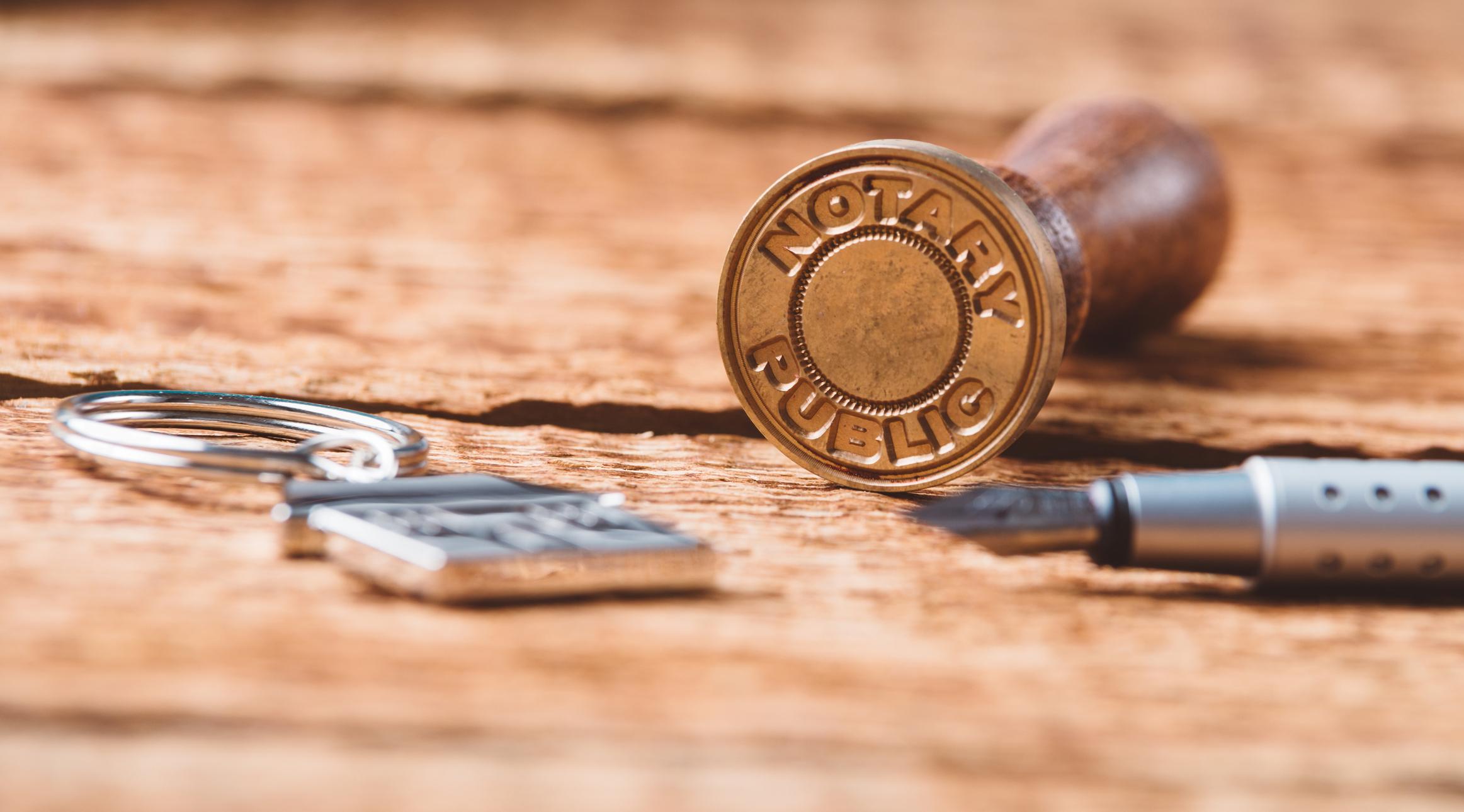Recognizing Apostille: Simplifying International Record Legalisation
Recognizing Apostille: Simplifying International Record Legalisation
Blog Article
Debunking Notarial Work: Simplifying the Role and Value of Notaries
In the intricate web of lawful documents and confirmation, notaries stand as pillars of guarantee and authenticity. Their duty, usually shrouded in secret for several, carries significant weight in making sure the legitimacy and honesty of crucial files. As guardians of legitimacy and truth, notaries play a critical part in our society, yet their work is not always fully understood. By deciphering the intricacies losing and surrounding notarial practices light on the importance of their acts, a more clear understanding arises of the crucial function notaries play in maintaining the material of contractual and legal arrangements.
The Background of Notarial Job
The history of notarial job days back to ancient worlds, where scribes played a vital duty in videotaping important details and confirming files. This led to the development of notaries, individuals selected by the state to act as unbiased witnesses in lawful issues.
During the Center Ages, notaries obtained importance in Europe, with their features increasing to consist of drafting legal files, accrediting trademarks, and preserving records. The increase of global profession additionally stressed the value of notarial job in validating contracts and arrangements across borders.
In the modern-day period, notaries continue to play a crucial duty in lawful and company transactions by confirming identities, confirming the authenticity of papers, and protecting against fraud. Their function in certifying the credibility of arrangements adds a layer of safety and depend the ever-evolving landscape of commerce and legislation.

Obligations and Obligations of Notaries
Notaries play an essential role in validating the credibility of papers and the identity of notaries. One of their main responsibilities is to witness the finalizing of vital records, such as contracts, wills, and deeds, to make sure that all parties are entering into arrangements knowingly and willingly.
They license duplicates of initial papers, supplying guarantee to establishments that the duplicates are real replicas of the originals. On the whole, the responsibilities and duties of notaries are important in securing the stability and legitimacy of various papers and purchases - Deceased Estate.
Notarial Certificates and Signatures
Exemplifying precise attention to detail, notarial certificates and signatures work as crucial parts in validating the authenticity of lawful records. Notarial certificates normally have critical info such as the date of registration, the names of the notaries, a summary of the paper, and the notary's official seal. These certificates provide a clear document of the notarial act, ensuring that the paper can be easily determined and traced back to the notary that looked after the process.
Trademarks play a critical duty in notarial work, as they symbolize the agreement and permission of the parties included. Notaries carefully witness the finalizing of files to validate the identity of the signatures and confirm that they are authorizing of their very own cost-free will. By fastening their main seal and signature to the document, notaries certify that the necessary treatments have been adhered to and that the file is enforceable and legitimate.
Essentially, notarial certifications and trademarks are the trademark of credibility in legal purchases, offering assurance to all celebrations involved that the papers are legitimate and binding.
Importance of Notarial Acts

Notarization Refine Described
The registration process commonly begins with the individual providing the file to a notary public. As soon as the identification is confirmed, the notary ensures that the individual authorizing the document does so willingly and without any browbeating.

Final Thought

Notarial certificates commonly have essential details such as the day of notarization, the names of the notaries, a summary of the record, and the notary's official seal. These certifications give a clear document of the notarial act, ensuring that the record can be conveniently recognized and traced back to the notary who supervised the process.
By attaching their main seal and trademark to the file, notaries certify that the required treatments have been adhered to and that the paper review is valid and enforceable.
By validating the identification of the signatures, confirming their readiness to enter right into the agreement, and licensing the day and location of the finalizing, notaries play a vital role in maintaining the credibility of legal records.After the record is authorized, the notary will fasten their official seal or stamp onto the document.
Report this page